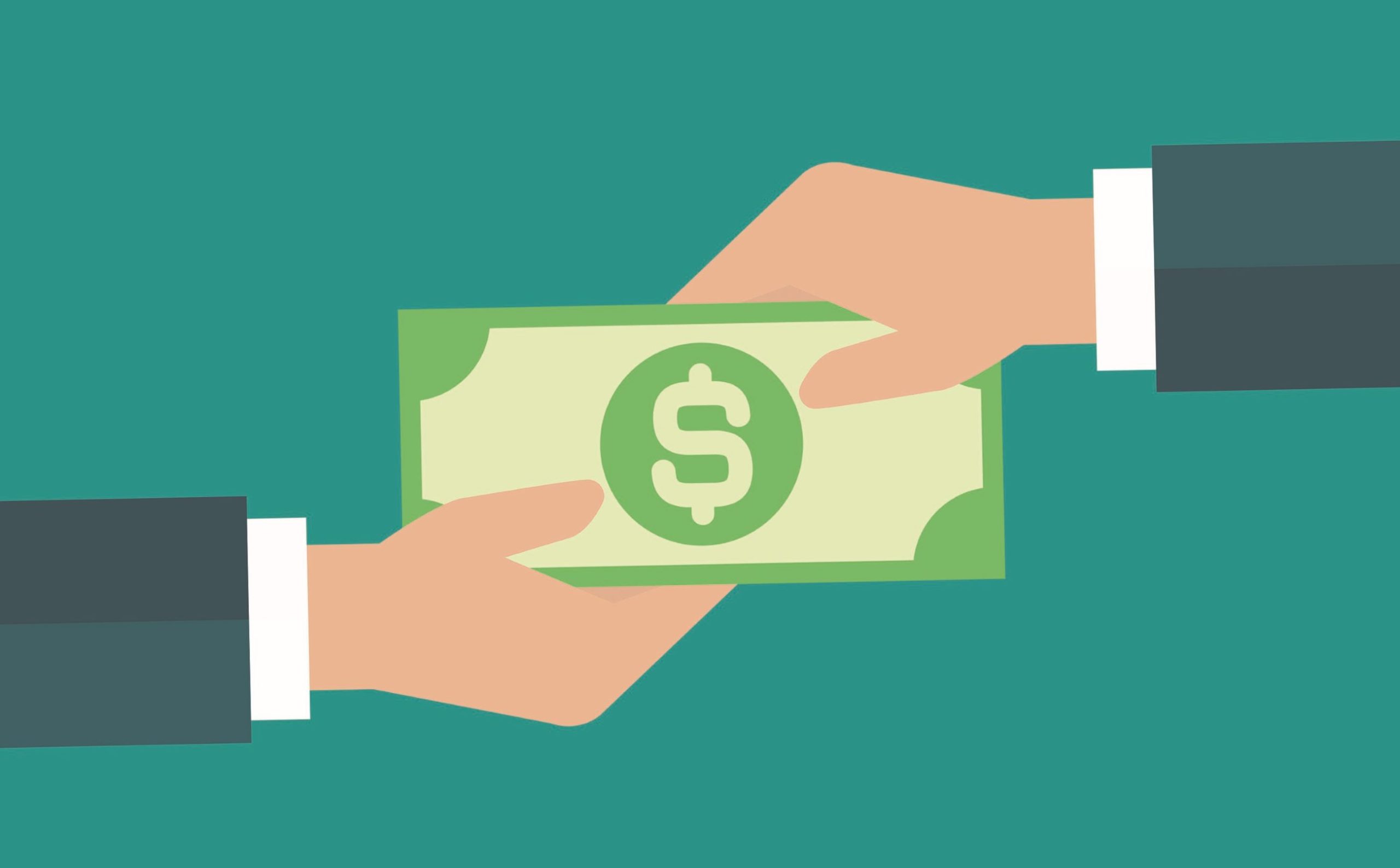
In the final negotiations over how to pay for the Inflation Reduction Act, Senate leadership chose to nix an increase in taxes on the carried interest earnings of private equity fund general partners in favor of a 1% tax on the value of repurchased shares for publicly traded companies[1].
There are two reasons to scratch our heads on this one.
The first is that most private equity funds have finite lives – usually about ten years – the end of which sees a return of all funds invested by the limited partners including profits. By another name this is a 100% share buyback. What difference does it make that limited partner capital represent interests in a partnership rather than shares of a corporation? Nor that it is described as “return of capital” rather than “share repurchase?”
And why are we adding another penalty to listing shares on public markets where retail investors (and the mutual funds that invest on their behalf) have full access? The average retail investor has no access to private equity funds. The number of publicly traded companies is down over 25% over the last twenty years;[2] are we trying to shrink that number another 25%? Is elitism the new core value for the majority party?
The second head-scratcher is that share repurchase is a valuable capital allocation tool for mature businesses. Share repurchase diverts free cash flow from sunsetting businesses (where returns on capital well exceed the business growth rate) and returns it to investors who can allocate that capital to fund newer, faster growing businesses.
Capital allocation changed dramatically at ExxonMobil after shareholders voted last year with activist hedge fund Engine No.1 on three of the four board seats up for a vote. Capital spending declined from an average of 103% of depreciation, depletion, and amortization (DD&A) in the three prior years to 59% in 2021[3]. DD&A is the accounting estimate of expenditures necessary to sustain the business. ExxonMobil’s remaining cash flow was spent on dividends and a large increase in share repurchases. So, when ExxonMobil invests less than DD&A and instead uses that cash flow to repurchase shares, it is shrinking itself and dividing that smaller business among fewer shares.
That outcome should please shareholders who desire better returns, and members of the public who want energy investment to shift away from fossil fuels. Which begs the question…Why did Senate leadership opt to discourage this improved corporate governance in an industry that most of them want to see sunset rather than grow?
Share buybacks and dividends are treated the same way from both a tax and accounting perspective. Both reduce the shareholder equity account dollar for dollar, and both are taxed at 20% if shares are held more than a year. But the misunderstanding of capital markets by those in Congress yields quotes like this from a U.S. Senator during an interview on CNBC when asked the difference between share buybacks versus one business partner buying out the other business partner: “If you want to buy your partner’s shares and you want to hold your partner’s shares, that’s fine…But that’s not what share buybacks are. Share buybacks are going into the market and pumping up the price of your shares by using your own cash, not to invest in business.”[4]
This is the same kind of misunderstanding that leads some to believe that divesting of their publicly traded shares in fossil fuels companies somehow takes capital away from them. It doesn’t. That is only achieved when a company returns free cash flow to investors by reducing their shares outstanding and actually shrinking the company.
Maybe these folks want the oil companies – whose expertise lies in geology, petroleum engineering, process engineering and offshore construction – to begin investing in solar panels, wind turbines and batteries where they have no expertise. Exxon shareholders don’t want that, but shareholders that own companies specializing in those businesses do. So why add friction to the energy transition, or any other industrial transition that will result in cheaper and better products and services?
[1] Wall Street Journal Editorial August 5, 2022
[2] https://www.mckinsey.com/business-functions/strategy-and-corporate-finance/our-insights/reports-of-corporates-demise-have-been-greatly-exaggerated
[3] Source: FactSet
[4] https://www.cnbc.com/2021/03/02/elizabeth-warren-rips-stock-buybacks-as-nothing-but-paper-manipulation.html
This information is EIP’s opinion which may change at any time and without notice. The information provided above is based on data obtained from third party publicly available sources that EIP believes to be reliable, but EIP has not independently verified and cannot warrant the accuracy of such information. In providing the information, EIP has made several assumptions with respect to tax effects of a share buyback as well as other information that if changed, materially affect the information and conclusions provided.